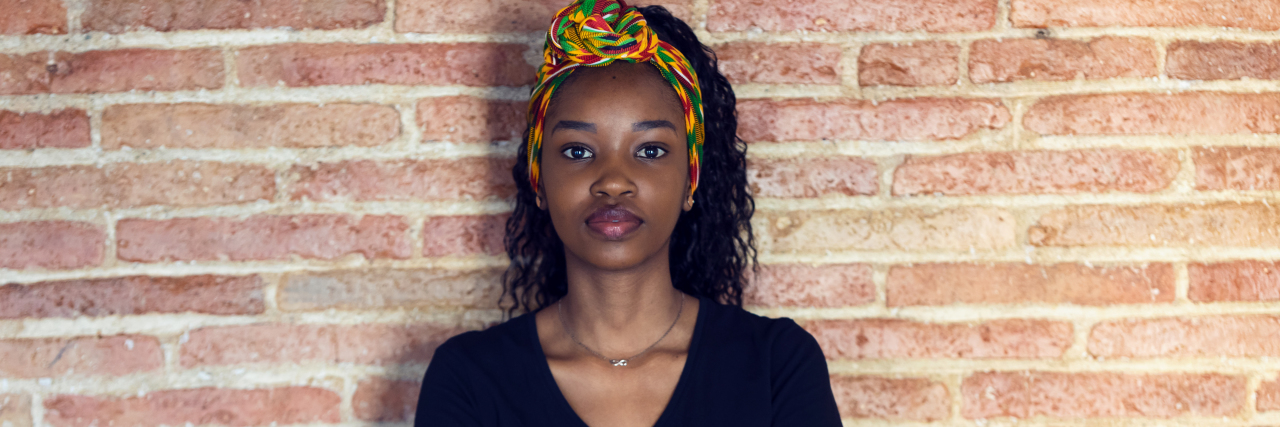After dealing with depression for what feels like forever, I’ve done a lot of reading about how to get through it. What mind-set shifts I need to make, what thought patterns I need to change and what negative thoughts don’t serve me and should be left behind.
One thing I’ve noticed is a lot of places will tell you one of the keys to working through depression is to have gratitude. Especially with the new year just starting, and lots of people reflecting on what last year looked like for them, there is a lot on social media about gratitude. There are also a lot of people just sharing their “highlight reels,” which can be disguised as gratitude, but often come across as “showing off” or inauthentic. It can also make people who don’t have these big highlight reels feel bad about themselves. While I agree gratitude is essential to having a better outlook on the world and helps you “stop and smell the roses,” I struggle with the notion gratitude is the antidote for depression. More specifically, it feels like the message being sent is gratitude and depression must be mutually exclusive.
That is absolutely not the case.
Overall, I feel very grateful for the good things I have in my life. I’m grateful for the privileges I have, the roof over my head, the food in my fridge, the friends who look out for me, the job I excel at … you get the picture. I am immensely grateful for all of these things, and I hope I don’t take them for granted, but I’m still so depressed. And when I see all of these tips telling me to be more grateful so I’m less depressed, it makes me feel guilty. Am I being ungrateful? Am I bringing this upon myself? Does my depression indicate I’m greedy and keep wanting more and more? Like nothing is ever enough? As these questions circulate, I start to feel worse about myself and that just exacerbates my feelings of depression.
I once heard depression isn’t feeling sad when things in your life are going wrong, it’s feeling sad when everything in your life is going right and I couldn’t agree more. Sometimes, when I take stock of how good my life is, and how much I have to be grateful for … I actually feel worse and my depression gets louder because I have so much goodness around me and I still feel so terrible.
The other thing about gratitude is it doesn’t negate the bad things that have happened to you. Sometimes people don’t always go about gratitude in the best way (even if they have the best of intentions), and instead of it being an appreciation for the good things, it becomes a cover-up for the bad things. That can be really invalidating. It’s like when you say you’re struggling with something, and a friend says something like, “But think about how many good things you have in your life!” Misguided gratitude can be dangerous and harmful, and it’s important we don’t allow the pursuit of gratitude to invalidate or minimize the struggles we do face.
I’ve also sometimes found that even though I have a lot to be grateful for, there are a lot of things that have happened to me that have really worn me down. And when my depression is really bad, I start to ruminate with thoughts of, “What’s the point?” Or, “Why should I bother?” That’s generally when I really start to rely on my list of things I’m grateful for … but sometimes the bad outweighs the good. And when I do a cost-benefit analysis of the good in my life versus the bad in my life, I struggle to see the good outweighing the bad. Based on this, I often find myself filled with gratitude for a million things, and yet still depressed … because like I said, depression and gratitude are not mutually exclusive.
We can be so thankful for the good in the world, and still hurt from the bad in the world. Or still hurt just because. Because that’s what depression is sometimes; hurting without a particular reason to, even when things are good and even when we have a lot of blessings.
At the end of the day, I still believe that gratitude can be a vital tool for healing and is an incredibly important exercise to recognize how much goodness there is in the world. I just hope we don’t continue to feed the false notion it is a cure for depression, or that if you’re depressed, you’re somehow ungrateful for the good things you have in your life.
Getty image by nensuria

